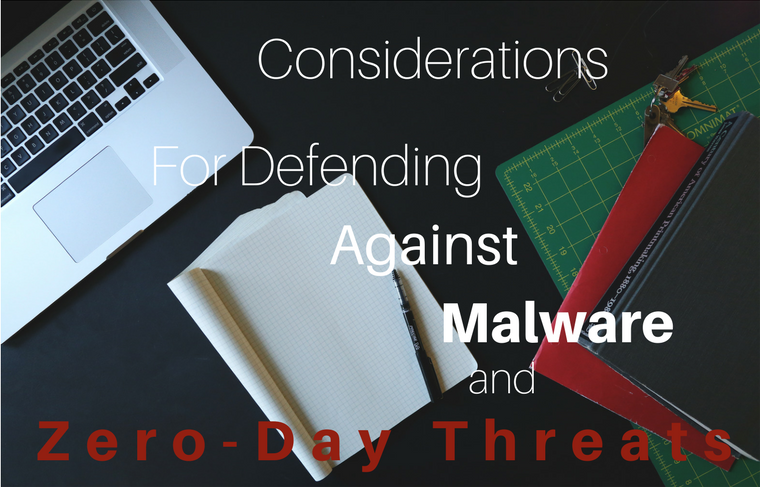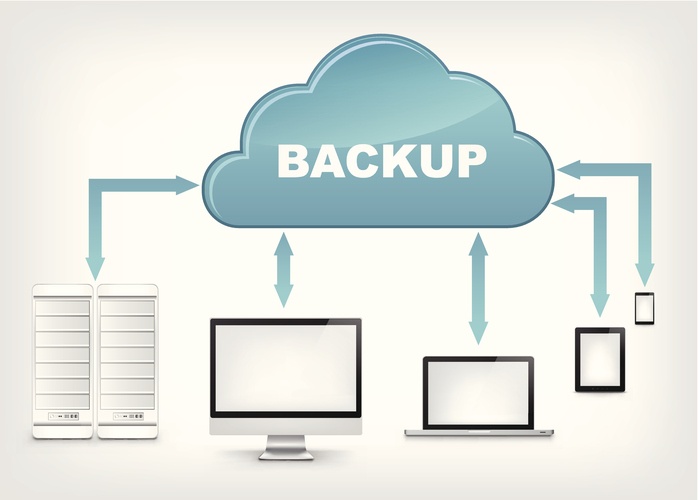With 2017 just about to get up to speed, New England businesses are getting set to launch small and large technology implementations that will further the business in the coming year. Equally important for all businesses (particularly small businesses) is the ability to further their general knowledge base about a wide variety of subjects that are fundamental to keeping the business strong and growing.












